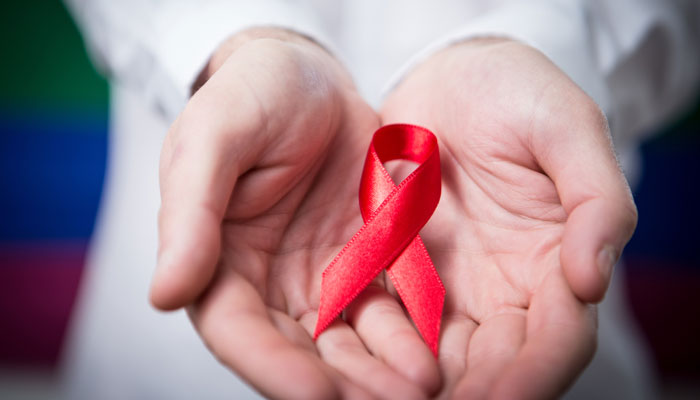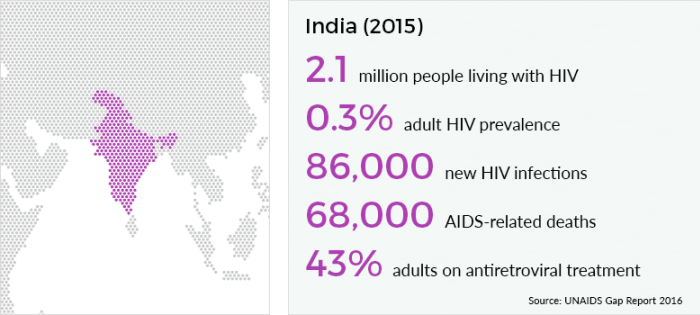
The most wonderful time in a woman’s life is during her pregnancy. It’s a miraculous time when a little prince or princess is growing within us and for the first time in our life we are unconditionally in love with this little unknown being. We cherish every pain that we go through during these 9months. It’s as if all your happiness, your desires revolve around the yet to be born baby.
It’s a magical time. Or so everyone says. But, is it so for every pregnant woman out there?? Everyone expects the expectant mother to always be happy all the time. Pregnant woman is also told how she is not supposed to be crying or throwing tantrums or thinking negative. Well, believe me, this is easier said than done. Yes, the mother is happy, nobody could possibly be as happy as her. She is the one carrying the baby for 9 Months in her womb remember! And, yes she’s happy that she has made the entire family happy by this great news.
But,most forget that to-be-mothers are also human!!! So what’s wrong if she’s a little anxious! What’s wrong if she doesn’t feel elated every single moment of the day! What’s wrong if she weeps for some silly reason! What’s wrong if she gets upset or fusses over little things! Just because she is pregnant, it doesn’t mean she’s not a normal human any more right??!!!
Most women end up feeling guilty for being sad or upset during pregnancy! Why so?? Well, thanks to the expectations of everyone around them. They get a sense of fear towards their unborn child. They become increasingly unsure of their parenting abilities.Nobody is a perfect parent. We all learn through mistakes. Why do people forget that? Fear of the unknown is obvious. But, the unknown isn’t always bad right??
These thoughts precisely has led me to write this blog on Pregnancy and depression.
Depression during pregnancy also known as antepartum depression, and depression after delivery known as postpartum depression is a mood disorder just like clinical depression. All women experience depression and anxiety at some point of their pregnancy. During pregnancy, a woman’s body goes through many changes be it physical/mental/emotional. Hormonal changes occur during pregnancy and all these lead to mood swings which are perfectly normal during pregnancy. So when do we actually worry and differentiate between the normal pregnancy symptoms or symptoms of actual depression.
Here are few symptoms to look out for:
- Feeling sad and anxious all the time
- Loss of interest in activities
- Not pursuing hobbies anymore
- Sleeping too little or too much
- Feeling of hopelessness or worthlessness or guilt
- Thoughts of death or suicidal tendencies
- Inability to concentrate
- Withdrawal from family and friends
- Crying spells
- Recurring nightmares
Risk factors:
- Troubled family life
- Lack of emotional support from the family especially spouse
- Past history of clinicaldepression
- Family history of clinicaldepression
- Any persisting or past psychiatric illness
- Miscarriage in the past
- Conception post infertility treatment
- Any medical condition Or past illness
Apart from antepartum depression a woman can also go through Postpartum depression (PPD).
Many new moms experience the “postpartum baby blues” after childbirth, which commonly include mood swings, crying spells, anxiety, difficulty in sleeping, difficulty bonding with your baby, fear that you are not a good mother and even thoughts of harming yourself or your baby. Baby blues typically begin within the first two to three days after delivery, and may last for up to two weeks. It can affect both parents.
How does one overcome depression??
- Family’s support, understanding, love and care can work wonders especially the attention of your spouse. Everyone should understand that a woman goes through so many changes duringpregnancyand that the symptoms vary from one person to another. Some women may have a hassle free pregnancy, while others may not and understanding this is most important. Nobody will fake any ailment. So if a woman says she has some trouble, be it a simple backache or a headache or excessive nausea vomiting, trust her that she does.
- Indulgein hobbies: Indulge in activities that make you happy. If you are inclined to sketching, singing or any other hobby try pursuing these hobbies during your pregnancy and that can keep you calm and happy.
- Do not hesitate to seek help. Many families still think seeking help means either you are weak or something is wrong with you. And most conclude you have either gone crazy or have lost your senses, it is certainly not so. Any person may experiencedepression. That does not make the woman crazy. It’s just a phase of life. Like every other problem women have to fight it and overcome the same.
- Eathealthy. Nutritious diet is most important along with folic acid/iron/calcium supplements duringpregnancy.
- Sightseeing – going out and getting some fresh air with your spouse even if its just for walks can always cheer you up.
- Rest -Yes it is very important to be active to ensure normal delivery and lesser complications. But at the same time getting ample amount of rest is equally important.
Management:
Instead of jumping to drugs as the first line of treatment we must try CBT (Cognitive Behavioral Therapy) accompanied by support of the family, healthy diet, meditation and making sure the mother incorporates hobbies in her everyday routine.
Don’t ever think twice to seek help. Ignore the stigma that the society has shown towards depression during pregnancy. It’s no one’s fault. It can happen to anyone. What’s important is to recognize the symptoms, remain strong, face it and overcome the same.






